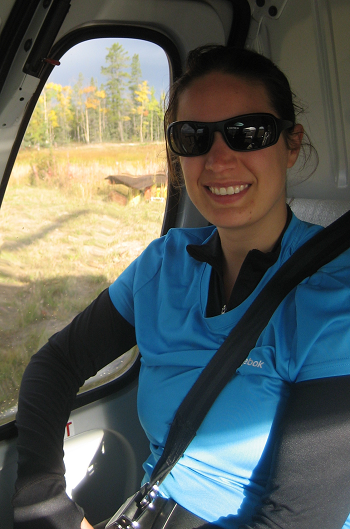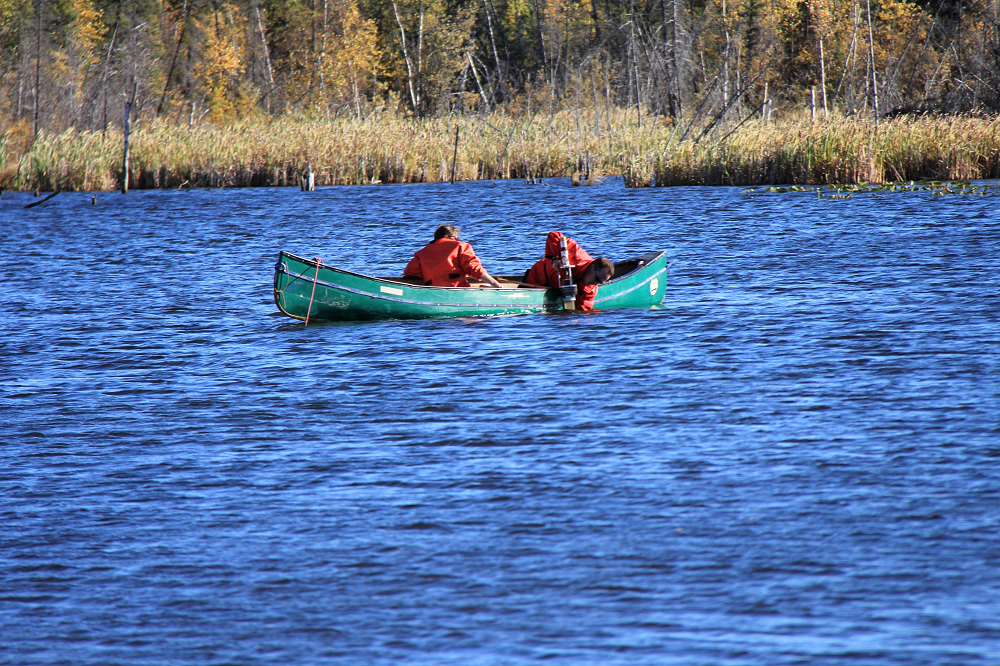J.C. Stevenson Award Lecture
 |
|
Jennifer Korosi
is this year’s recipient of the J.C. Stevenson Award sponsored by Canadian Science Publishing. Dr. Jennifer Korosi, Assistant Professor,Faculty of Environmental and Urban Change at York University. Jennifer's work explores the nature and underlying mechanisms of limnological change over long timescales (decades to millennia) by interpreting physical, chemical, and biological information preserved in lake sediment cores (paleolimnology). Jennifer has applied paleolimnological techniques to document and understand lake responses to diverse environmental stressors across Canada, including acidification and calcium decline, contaminants, watershed development, and climate change. She is a past recipient of the Julian M. Szeicz Award for Early Career Achievement from the Canadian Association of Geographers, and the inaugural Early Researcher Award from the International Paleolimnology Association. The J.C. Stevenson Memorial Award Lecture: Permafrost waterscapes in transition: Impacts of thawing permafrost on the surface waters of the Northwest Territories Abstract: Permafrost is a dominant feature of the Canadian landscape, and it is warming rapidly. Unprecedented rates of permafrost thaw is a major stressor on northern freshwater ecosystems that has implications for water quantity and quality, as well as the livelihoods and well-being of northerners. This talk will summarize the current state of knowledge on the impacts of permafrost thaw on northern lakes, from catastrophic lake drainage and expanding lakes, to shoreline slumping, drunken forests and wetland expansion. Waterscapes of the Northwest Territories will be emphasized, where recent advances in the mapping of permafrost condition and land characteristics provide exciting opportunities to document limnological responses to varying modes of disturbance from thawing permafrost. Opportunities for predicting and mitigating the impacts of permafrost thaw on water resources arising from cross-disciplinary approaches and co-partnerships between government, academia, and Indigenous communities will also be highlighted, including the Dehcho Collaborative on Permafrost. |
